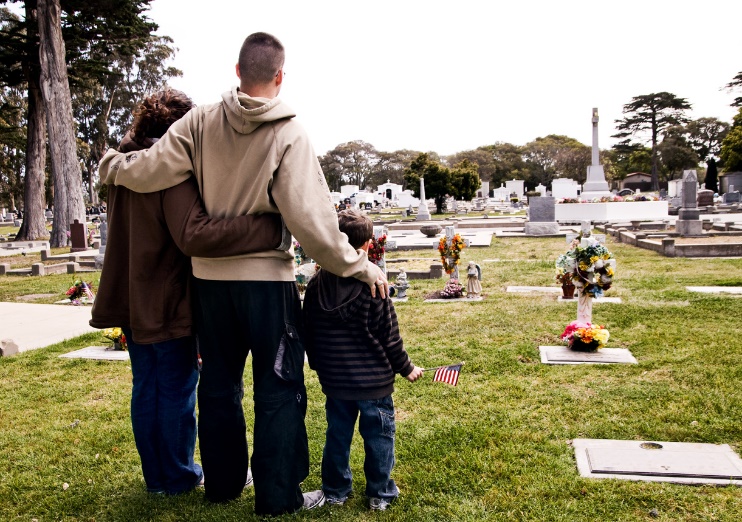Complicated Grief: When Time Doesn’t Ease the Pain of Loss
Everyone will experience loss of loved ones in their lives and grief is a natural response. It is also a very individual process. Anniversaries, holidays, and other milestones are often particularly difficult. As painful as the process of grief can be, with support of family and friends, most people go through it without needing the help of a mental health professional.
However, some experience severe, prolonged and disabling grief symptoms, referred to as complicated grief. One recent meta-analysis found that an estimated one in 10 people mourning the loss of a loved one experiences complicated grief. (1) Research has shown that people with complicated grief are at greater risk of long-term mental and physical health problems.
Symptoms of complicated grief typically include intense yearning, longing or emotional pain, frequent preoccupying thoughts and memories of the deceased person, and a feeling of disbelief or inability to accept the loss. The symptoms are similar those of the acute phase of normal grief, but they typically decrease over time. People with complicated grief also often have poor physical health, difficulties with social interactions, and other mental health problems, such as depression. (2)
The risk of complicated grief is higher following traumatic events. For example, among bereaved adults of the September 11th attack in New York, 43% met the criteria for complicated grief about three years later. (3)

The therapist works with the individual to “facilitate coping and personal growth and to resolve any impediments to this process.” The focus is on “coping with problems and envisioning and finding ways to bring joy and satisfaction into ongoing life.” (4) The approach focuses on several core areas.
- Understanding and accepting grief – recognizing grief is normal and that they are not alone
- Recognizing painful emotions – paying attention to changes and triggers
- Planning for a meaningful future – creating goals and steps to reach them
- Strengthening ongoing relationships – reconnecting and sharing with others
- Telling the story of the death
- Learning to live with reminders – working to revisit activities that have been avoided
- Establishing an enduring connection with memories of the person who died – recognizing the important role of memories
If you know someone who is struggling with the loss of a loved one, offer your support or just be there to listen. If you or a loved one is experiencing prolonged, intense grief, consider talking with a mental health professional.
References
(1) Lundorff, M eta l. 2017. Prevalence of prolonged grief disorder in adult bereavement: a systematic review and meta-analysis. J. Affect. Disord. 212:138-149.
(2) Nakajima, S. 2018. Complicated grief: recent developments in diagnostic criteria and treatment. Philosophical Transactions R. Soc B. 373: 20170273.
(3) Neria, Y, et al. 2007 Prevalence and psychological correlates of complicated grief among bereaved adults 2.5-3.5 years after September 11th attacks. J. Traum. Stress, 20:251-262.
(4) Iglewicz, A., et al. Complicated grief therapy for clinicians: An evidence‐based protocol for mental health practice. Depression and Anxiety, October 2019.
